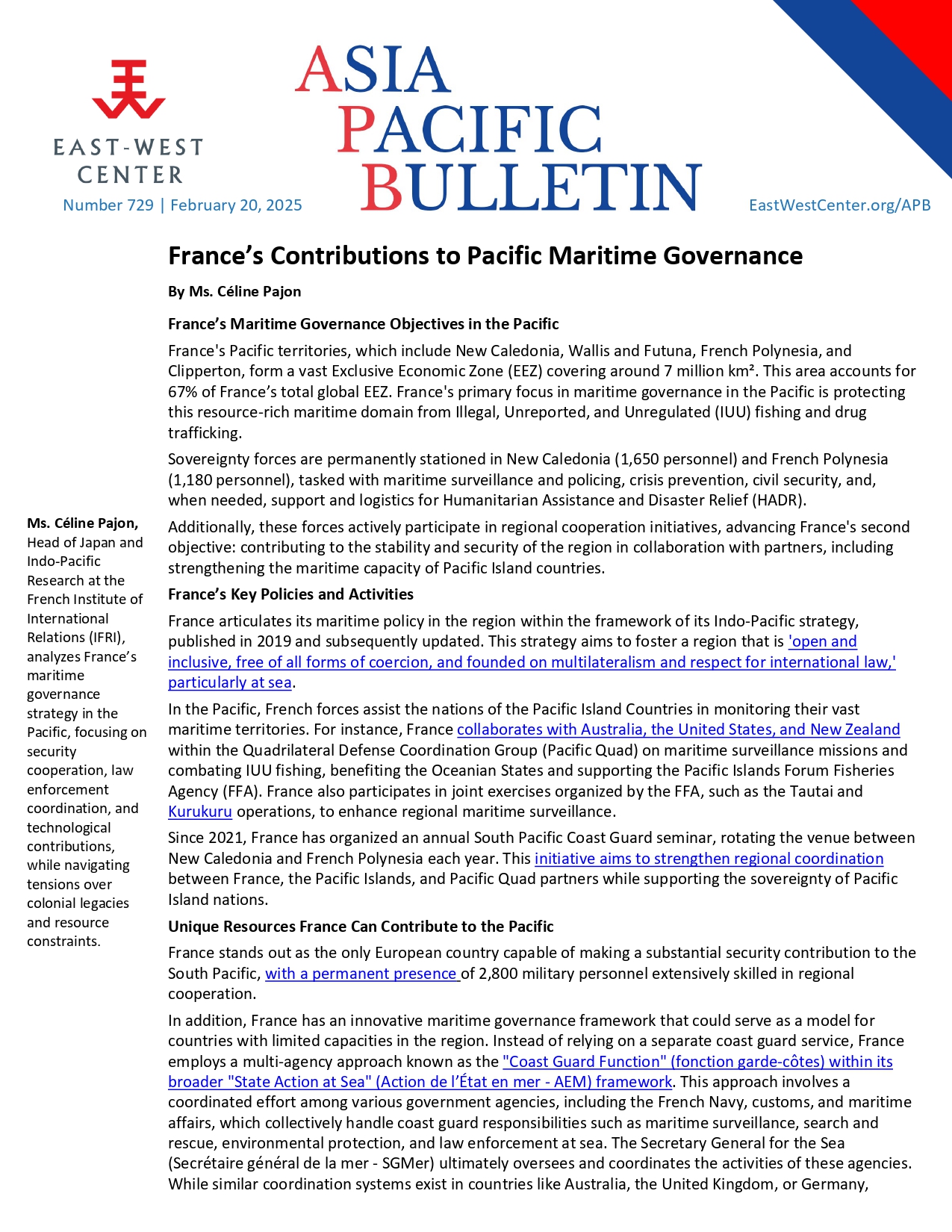Internet Companies in China: Dancing between the Party Line and the Bottom Line

With over 500 million Internet users and 900 million mobile-phone subscribers by mid-2011, the Chinese Internet is an enormous market that has produced the spectacular rise of many Chinese Internet companies and attracted substantial foreign investment. This paper argues that, despite a great degree of liberalization of its market over the past 15 years, the Chinese Internet remains authoritarian in nature. Not only did the central government actively shape the infrastructure and rules of China's information superhighways, but recently it has also vigorously built state-controlled Internet companies, including a national search engine.
The paper starts with an overview of the landscape of the Chinese Internet industry, followed by a review of the developmental trajectories of three important search companies in China - Baidu, Google, and Jike (the national search engine), whose stories are illustrative of the experiences of domestic, foreign and state Internet firms operating in China. The paper then outlines the Chinese government's regulatory policies towards the Internet industry, which it is argued have undergone three stages: liberalization, regulation, and state capitalism.
It is recognized that the great prospect of the Chinese Internet is shadowed by, and often overshadowed by, the government's insistence on weaving a China Wide Web. Domestic and foreign Internet companies are invariably used, or restricted, for social control as the government painstakingly transplants its ideology into cyberspace. Such practice is not only morally degrading but also unsustainable in the long run. An assessment of Chinese government policy toward Internet firms operating in China is not merely an academic exercise; it raises ethical and policy concerns for foreign governments, international organizations, and investor communities in China's expanding Internet market.

Available in:
ISBN / ISSN
Share
Download the full analysis
This page contains only a summary of our work. If you would like to have access to all the information from our research on the subject, you can download the full version in PDF format.
Internet Companies in China: Dancing between the Party Line and the Bottom Line
Related centers and programs
Discover our other research centers and programsFind out more
Discover all our analyses
France and the Philippines should anchor their maritime partnership
With shared interests in promoting international law and sustainable development, France and the Philippines should strengthen their maritime cooperation in the Indo-Pacific. Through bilateral agreements, expanded joint exercises and the exchange of best practices, both nations can enhance maritime domain awareness, counter security threats and develop blue economy initiatives. This deeper collaboration would reinforce stability and environmental stewardship across the region.

The China-led AIIB, a geopolitical tool?
The establishment of the Asian Infrastructure Investment Bank (AIIB) in 2016, on a Chinese initiative, constituted an attempt to bridge the gap in infrastructure financing in Asia. However, it was also perceived in the West as a potential vehicle for China’s geostrategic agendas, fueling the suspicion that the institution might compete rather than align with existing multilateral development banks (MDBs) and impose its own standards.
Jammu and Kashmir in the Aftermath of August 2019
The abrogation of Article 370, which granted special status to the state of Jammu and Kashmir (J&K), has been on the agenda of the Bharatiya Janata Party (BJP) for many decades.

France’s Contributions to Pacific Maritime Governance
France stands out as the only European country capable of making a substantial security contribution to the South Pacific, with a permanent presence of 2,800 military personnel extensively skilled in regional cooperation.









